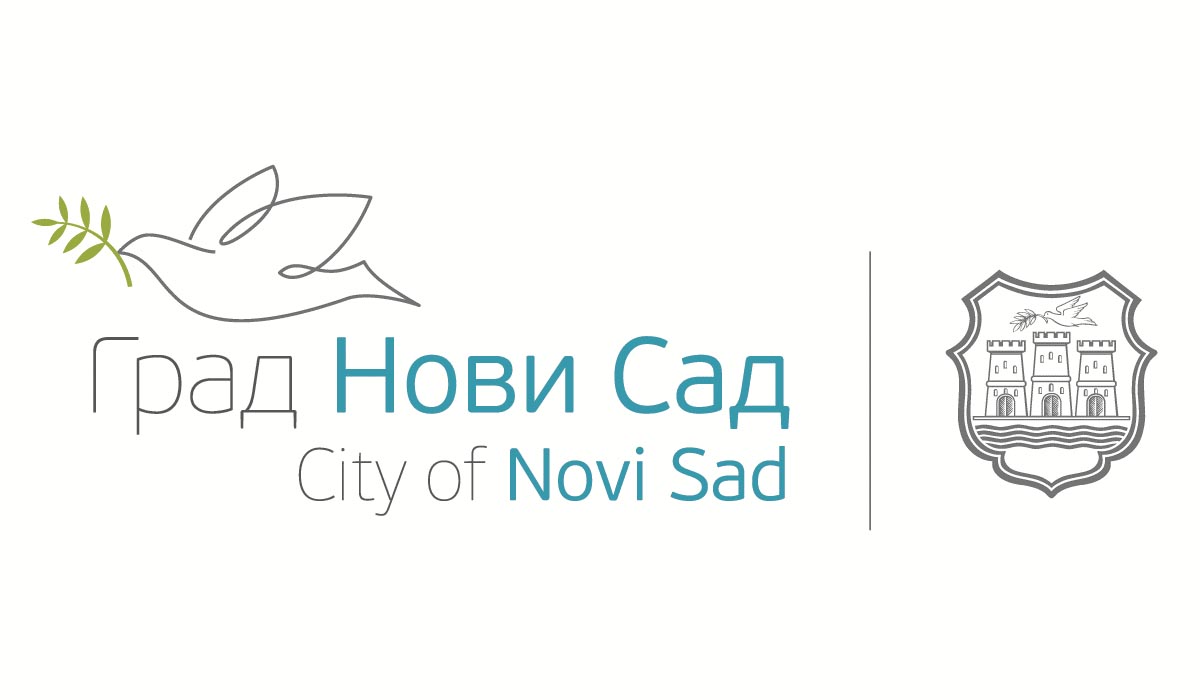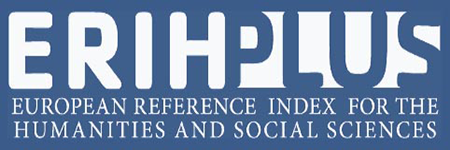FORCED OR AUTONOMOUS MODERNIZATION? OTTOMAN REFORMS IN THE EIGHTEENTH CENTURY IN THE CONTEXT OF EUROPEAN INFLUENCES
DOI:
https://doi.org/10.19090/i.2011.22.185-204Keywords:
Ottoman Empire, the eighteenth century, modernization, multiple modernity, Westernization, reform, decentralization, centralization, cultural interaction, cultural transferAbstract
The paper examines a development of modernization theories, and their influence in the contemporary Ottoman study, imprecise terminology of the concepts ‘modernization’ and ‘Westernization (Europeanization)’, with special emphasis on the contemporary thesis of multiple modernity. The relationship between cultural transfer and interaction, material and spiritual, was specially observed in order to determine the relationship between the impact of modern societies on the traditional societies, through the model of imposed modernization and autonomous development, immanent to the historical experience of the society which was developed from a pre-modern to a modern society. Perceptions of alteration were analyzed, and there was an attempt to identify the symbolic signs of modernity, as Anthony Giddens pointed out, i.e. the features which were not typical for traditional societies, in order to specify the nature of the Ottoman modernity.Downloads
Download data is not yet available.
Downloads
How to Cite
Павловић, М. (2011). FORCED OR AUTONOMOUS MODERNIZATION? OTTOMAN REFORMS IN THE EIGHTEENTH CENTURY IN THE CONTEXT OF EUROPEAN INFLUENCES. ISTRAŽIVANJA, Јournal of Historical Researches, (22), 185–204. https://doi.org/10.19090/i.2011.22.185-204
Issue
Section
Articles













